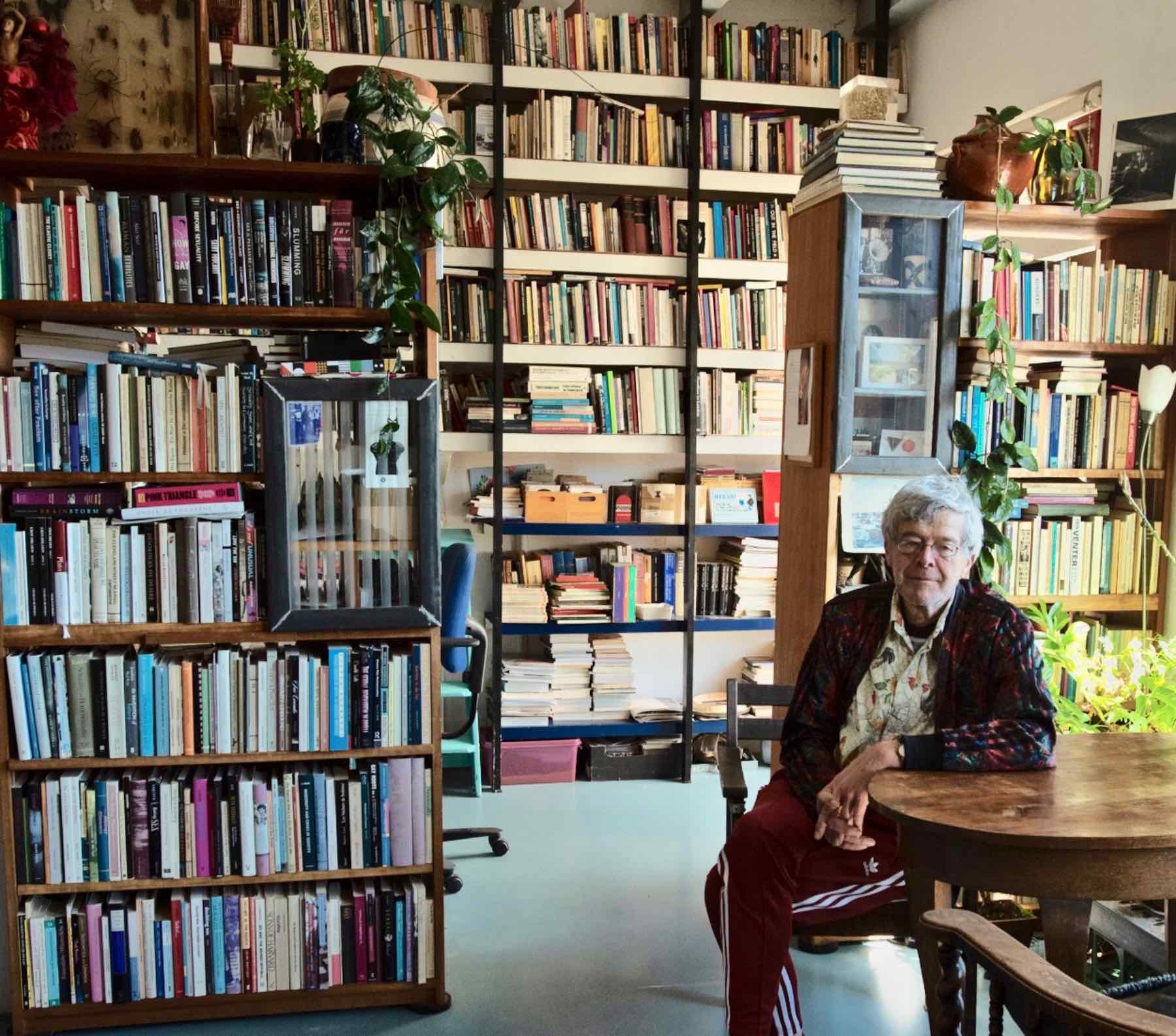
Ethnicity, religion and sexuality: conflicts, debates and desires in the NL
Please forgive me my generalizations!
The NL made two major turns in the 1970s:
1. from a largely conservative and religious state based on the idea and practice of religious pillarization to a largely liberal and non-religious country
2. from a largely white to a multicultural society
Both situations evolved and have resulted in a contemporary situation with regard to sexual freedoms:
(positive) Legal freedom including gays and lesbians in the military; opening of marriage for same-sex couples (complete equality of gays and lesbians to straights); legalization of pornography and prostitution above the age of 18 years; obligatory sexual education; contraception and abortion generally available also for teenagers; low levels of teenage pregnancy; strong visibility of sexuality in media and advertising (more explicit than in the USA) etc etc.
(ambivalent) Lack of embeddement of legal freedom in society; legal changes did not mean social change; so gays, lesbians, and prostitutes remain second-class citizens; hetero-normativity continues unbroken (hetero equals public, homo remains private)
(negative) Many white people will now say that the Dutch have gone “too far” since the sixties and should like to reverse the advances being reached since (but not the results of gay and lesbian emancipation; rather the visibility of sexuality in general culture; or prostitution). The growing negative attitudes towards sexual openness have led to a higher age of consent (from 12 to 16); stricter measures towards prostitutes; stricter laws on pornography; proposals to criminalize bestiality.
The major raging problem however has become the translation of ethnic difference into sexual conflict. Now the right wing will accuse the ethnic minorities (in particular the muslims which is of course adding a religious element to the conflict) of being unsupportive of women’s and gay emancipation. What are the sexual problems attributed to the minorities: disrespect for women, including assault and rape; violence against gays and lesbians; the veil; import marriages; female and male circumcision; murders to protect the honour of the family; refusal of openness to sex including sexual education etc. Right wingers have insulted muslims for representing a backward culture; of being goatfuckers and of the prophet being a pedophile (precisely these points were made by Pim Fortuyn and Theo van Gogh, the two murdered spokespersons; Fortuyn being murdered by an animal rights activist and Van Gogh by an orthodox muslim).
These upcoming conflicts have led to much debate but not to a solution; in fact, the resistance against Western modernity is growing among young men of muslim background and they turn to orthodoxy and to political radicalism that in its sexual politics resembles closely the republican programm of Bush: against gays and lesbians (who are sinners), prostitution, sexual visibility and open sexual education.
Of course it is not all tears and misery. There are important groups of recent migrants who embraced sexual freedoms in The Netherlands, there are strong interethnic sexual bonds, and there are groups of gay Arabs and gay muslims who are now much beloved in mainstream politics.
What can I say as sociologist:
1. The tenets of the sexual revolution are for reasons I explained two weeks ago insufficiently embedded in white Dutch society; in fact, these tenets should be developed and extended instead of reversed or withdrawn.
2. The absence of embedded sexual politics is related to the prevalence of ideas of religious citizenship (in fact this was the foundation of Dutch politics in the 20th century and informs it to this day) and the weakness of a concept of sexual citizenship; f.e. Moroccans and Turks are seen first as muslims; second comes their cultural background, and their sexual citizenship is only evoked through negative references of abuse and discrimination.
3. The absence of a concept of sexual citizenships impedes a movement that defends and promotes sexual pleasure or hedonism. The defense of women, gays and lesbians, prostitutes or sexual education is done in terms of a general humanism (human rights) or of pragmatism (we can’t stop people having the sex they desire). Same is true on a global scale: many countries and religions oppose sexual modernity, and no support it.
4. What is interesting in distinction to the USA is 1. the absence of a sense of belonging to modern Dutch society among important groups of recent immigrants 2. the high level of secularization of Dutch society that is a main reason to reject Dutch culture – which helps the Dutch conservatives, and brings progressives and liberals into a difficult situation as they tend to support the new immigrants, but not the sexual orthodoxy among them.
What we need: Respect and understanding for the results of sexual revolution and sexual citizenship, in particular the rights of women and sexual minorities. These should be taught in schools together with respect and understanding for different cultures and religions while issues of conflict should be addressed, not negated. The tenets of the sexual revolution should be developed and be embedded in social life, not only through legal change. In fact, most Dutch have not known the sexual revolution, some of the older generation because they lived far away from the places where it happened; the immigrants because they did not live at that time in the Netherlands, and the younger generation simply because they were not born.
My generation had expected to move from modernity to postmodernity, but a stronger current seems now to move from modernity back to premodernity.
New York laGuardia 18 mei 2005 / Melbourne Anthopology Aug 2006 / Amsterdam IMES febr 2006
